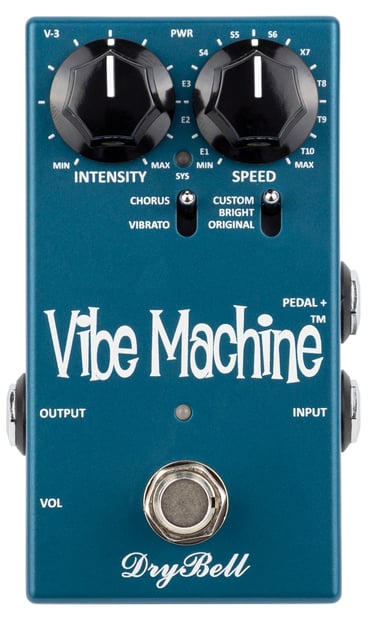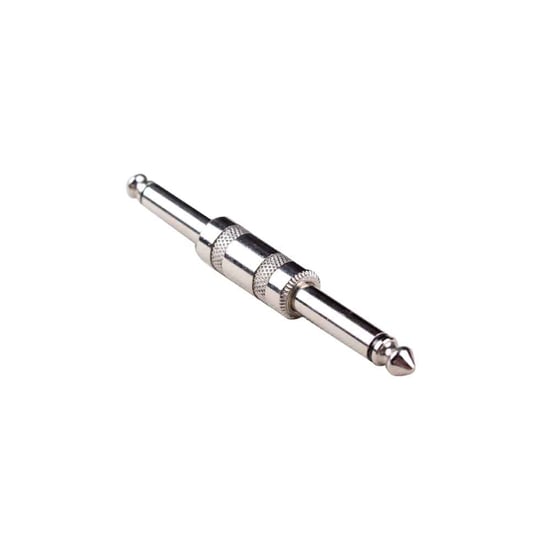DryBell Vibe Machine V-3 Pedal Overview
Introducing the DryBell Vibe Machine V-3
It's hard to believe that 10 years has passed since we started our journey into the wonders of the beautiful Uni-Vibe. Looking back to the time when we started our experiments with that three-dimensional sound, everything was very different from today.
It was a simpler time in the pedal world. There were several big, well-known companies that produced most of the classic pedals and a handful of smaller boutique builders. At that time, most new pedals could easily get into the spotlight, to be explored and talked about. It was the beginning of a golden era for the world of guitar pedals. Back then, only a few Uni-Vibe clones existed, most following the same circuit recipe as that used by the wonderful Shin-Ei, they were mostly big, bulky and rather expensive.
When we decided to take a shot with our Uni-Vibe, we wanted something different and more practical. We wanted The Sound, but we also wanted to make ours much smaller than any other Uni-Vibe on the market. In 2011, when the Vibe Machine V-1 was born, it was the smallest ever photocell-based Vibe pedal in the World retaining all the features of the classic Uni-Vibe. People loved it, and they still do.
A few years later, after extensive development, with tons of new experience, and with feedback gathered from our amazing customers, forum members, reviewers, demo guys and fellow musicians, the Vibe Machine V-2 arrived. It looked very similar to its predecessor, but it was much more complex under the hood. Besides all those added features, The Sound was greater than ever and it rocked the vibe community around the world! As one of the best Uni-Vibe effects available today, the Vibe Machine has received many awards from the Music Industry and we're extremely proud of it!
The V-3 version
Several months ago, we wanted to find a special way to celebrate our upcoming 10 Year Anniversary and we decided to pull out our Vibe Machine breadboard. We played extensively with the complex opto-system and one specific setting sounded out of this world. We tried ons of different settings, but we kept on coming back to this particular one.
It was like re-mixing your greatest album. You know it's great, but you wanted to add some magic touches to make it even more special. We didn't expect that our breadboard experiment would result in a completely new version of our Vibe Machine, but this one is really something else and we couldn't just keep it to ourselves. We wanted to share it with the World.
V-3 has its own colorful magic going on. Is it better than its predecessors? With such a unique sound presence, it's really a matter of personal taste. V-3 is simply different and it sounds beautiful.
The main difference between V-3 and V-2 is in the modulation EQ. V-2 modulates just a slight part of your main tone (mid-range focused modulation), while V-3 blends in nicely with your main tone and modulates it without changing the EQ. V-3 has a wider modulation and brings you more depth. The Intensity’s character has also changed.
Please note: Images for illustrative purposes only.


















